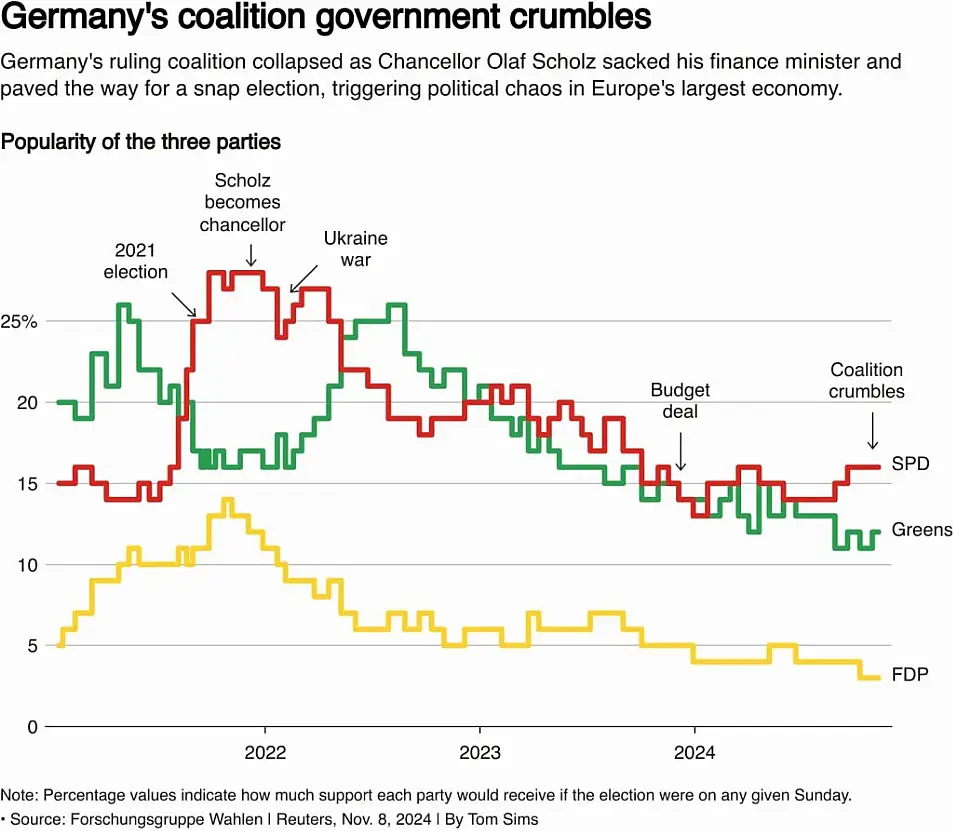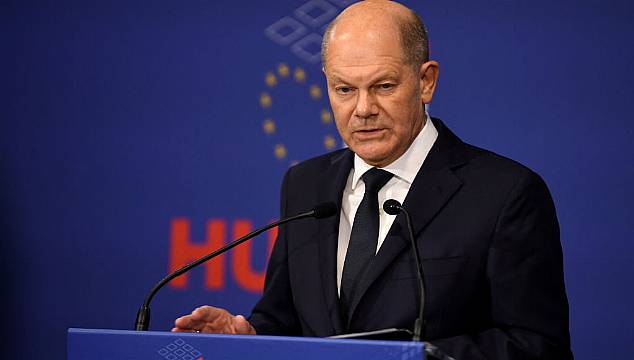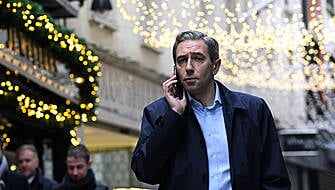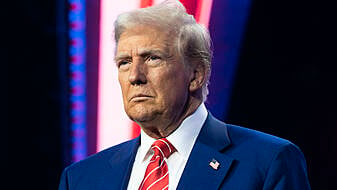Chancellor Olaf Scholz on Friday demanded a calm debate from Germany's squabbling factions on setting the date for a snap election to pull the country out of a political crisis.
Speaking to reporters in Budapest, Scholz called on parties to first agree on what legislation could be passed in what remained of the current parliament but denied trying to ram through his own policy agenda by delaying holding an election.
Scholz has suggested holding a confidence vote in his government in January, paving the way for a snap election in March, but the conservative opposition led by Friedrich Merz wants an election in January.
What exactly happened?
Europe's largest economy was thrown into disarray this week with the collapse of Scholz's three-way coalition and disagreements over how much money the government should spend to spur growth and support Ukraine.
It collapsed on Wednesday as he announced the firing of his Finance Minister Christian Lindner from the Free Democrats (FDP) party, which together with the Greens and Scholz's Social Democrats (SPD) have been in power since 2021.
The collapse comes at a tough time for Germany as its economy faces a second year of contraction, its companies fear a loss of competitiveness, while foreign policy challenges mount, from the re-election of Donald Trump to a tariff war with China.
"We should discuss the date as calmly as possible. It would be good if the democratic factions in the Bundestag could now reach an agreement on which laws can still be passed this year," Scholz said on the sidelines of an EU summit.
"This agreement could then also answer the question of when the right time is to hold the confidence vote in the Bundestag, also with regard to the possible date of new elections."

What will happen next?
A confidence vote is a necessary precursor to an election.
Scholz was meeting leaders in Budapest to discuss Europe's response to a raft of issues including Trump's return to power.
Asked how his coalition's collapse was being viewed by other leaders, Scholz said they had shown solidarity, giving their own experiences of forming coalitions.
He also brushed aside a jibe by Trump ally and X owner Elon Musk, who had referred to him on the platform this week, in German, as a "fool" over the collapse of the coalition. Scholz said he had taken no notice because "the world we live in is not one where Internet companies are state organs".
According to one opinion poll, the ZDF Politbarometer, a majority of Germans want an election as soon as possible. Some 84 per cent think an earlier election is a good idea, while 13 per cent do not, it said on Friday.
Scholz himself could face calls to step aside as his party's candidate to remain as chancellor.
Another voter poll by Forsa for RTL/ntv suggested that a majority of voters, 57 per cent, wanted Defence Minister Boris Pistorius to run instead, whereas only 13 per cent preferred Scholz. A majority of SPD voters also did not want him to run again.
Habeck, 55, has been a central figure in Germany's energy and climate policy as economy and climate protection minister, and been a vocal advocate for loosening Germany's purse strings to support industry.
Merz could face pressure if Scholz successfully paints him as blocking legislation in the run-up to the election.
How has the opposition reacted?
If CDU/CSU opposition votes down government legislation as the parliament winds up, it would demonstrate that Scholz has lost any prospect of a viable majority if he cannot get anything passed, a note by Teneo said.
"This might enable Scholz to blame the CDU/CSU – together with the just-removed FDP – for their voting record on the specific policies, and for general irresponsibility in a moment of heightened domestic and global political stakes," it said.
Another casualty of the crisis was Michael Link, Germany's transatlantic coordinator, who had cultivated ties with Republicans and Democrats ahead of the election.
Link, from the FDP, confirmed his departure on Friday.
"In cooperation with the future Trump administration, we need a government that confidently represents German and European interests," Link told Reuters. "We as the FDP can no longer support Chancellor Scholz's unambitious programme."







